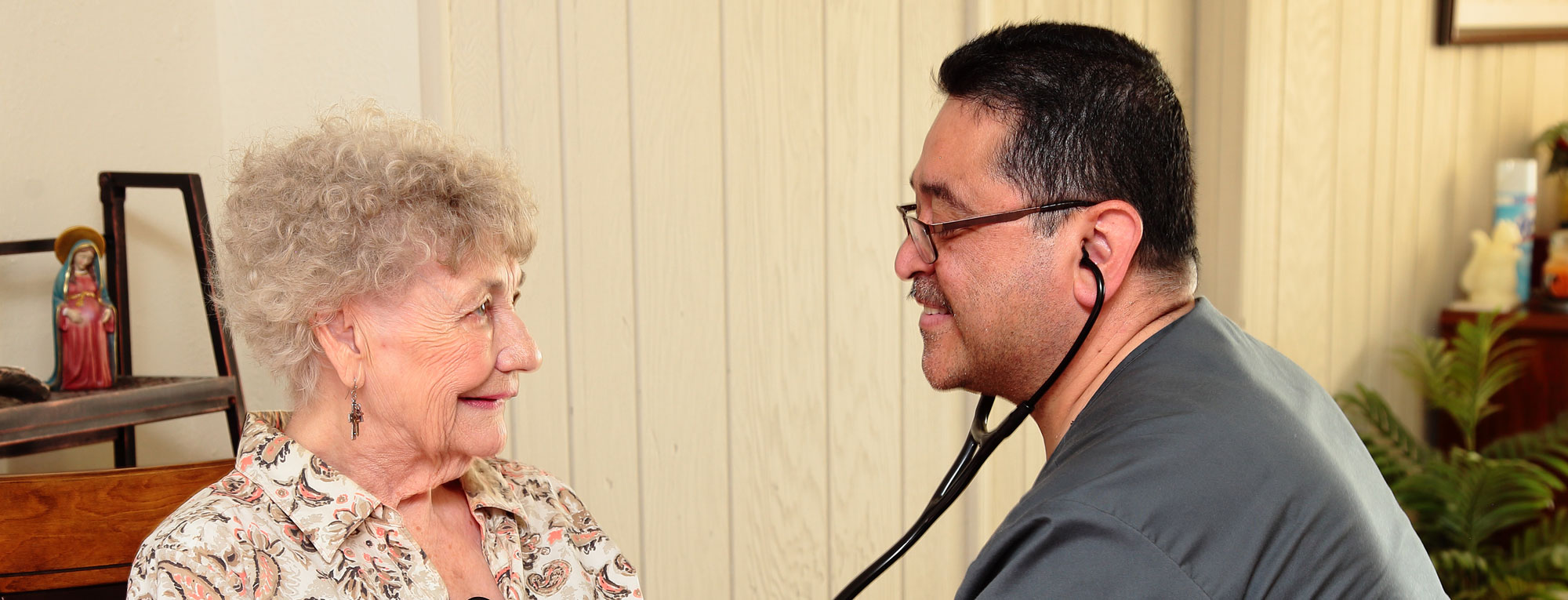The hospice philosophy accepts death as the final stage of life: it affirms life but does not try to hasten or postpone death. Hospice care treats the person and symptoms of the disease, rather than treating the disease itself.
“You matter because of who you are. You matter to the last moment of your life, and we will do all we can, not only to help you die peacefully but also to live until you die.” - Dame Cicely Saunders, Founder of the first modern hospice
Coordination of Care
Armonia’s compassionate team will coordinate and supervise all care, 24 hours a day, seven days a week. The team ensures that all services are rendered in a timely fashion. This may include the coordination of doctors, inpatient facilities, pharmacies, and funeral directors. We encourage families to contact us at any time, there is always someone on call.
Family Meetings
Frequent meetings scheduled by our hospice nurse or social worker are intended to keep family members up to date on your loved one’s condition. During these meetings family members have the opportunity to share their feelings, discuss the current situation and learn more about the process of dying. These meetings provide family members with the support they require during this difficult time.
Bereavement Care
The period of mourning after a loss is difficult and requires sufficient time to heal. Our empathetic hospice team works with the family to help them through this grieving process. Armonia can refer family members and caregivers to licensed professionals who specialize in grief and the pain felt when a loved one has been lost.
Palliative Care and Symptom Control
Sometimes referred to as supportive care, Palliative care focuses on symptom management and comfort. This type of care does not treat the disease or cause of death, instead, it treats the symptoms and side effects brought on by them. The focus is on making the patient comfortable by relieving pain and stress. In addition, the management of mental, emotional, social, and spiritual issues are addressed.










